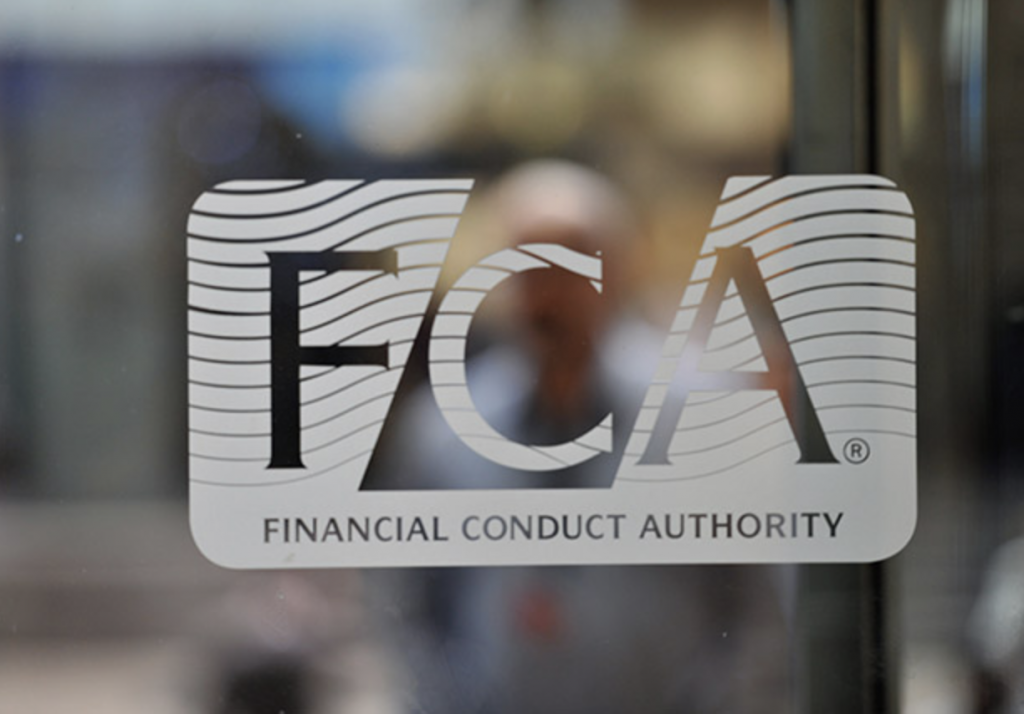The head of the London Stock Exchange has been appointed as the new chief executive of the Financial Conduct Authority.
Nikhil Rathi has been appointed for a five year term and will succeed Christopher Woolard, who was acting CEO of the regulator. Previously this post had been held by Andrew Bailey, who has more recently been appointed as governor of the Bank of England.
Prior to joining the London Stock Exchange, Rathi worked for the Treasury between 2009 and 2014, where he led on the UK’s EU and international finnacial services interests.
The appointment was made by the chancellor of the exchequer Rishi Sunak. He says: “Nikhil is the outstanding candidate for the position of chief executive of the FCA.
“We have conducted a thorough worldwide search for this crucial appointment and through his wide-ranging experiences across financial services, I am confident that Nikhil will bring the ambitious vision and leadership this organisation demands.”
The role has a salary of £455,000 alongside a 12 per cent pension contribution, but the FCA said he would not be entitled to a bonus or be paid any other benefits.
FCA chair Charles Randell adds: “Nikhil has been closely involved in guiding the FCA’s development through his roles on our Practitioner Panel and Markets Practitioner Panel, and brings both private sector management skills and experience of domestic and international regulatory policymaking.”
Rathi says: “I look forward to building on the strong legacy of Andrew Bailey and the exceptional leadership of Christopher Woolard and the FCA Executive team during the crisis. FCA colleagues can be very proud of their achievements in supporting consumers and the economy in all parts of the UK in recent months.
“In the years ahead, we will create together an even more diverse organisation, supporting the recovery with a special focus on vulnerable consumers, embracing new technology, playing our part in tackling climate change, enforcing high standards and ensuring the UK is a thought leader in international regulatory discussions.”
